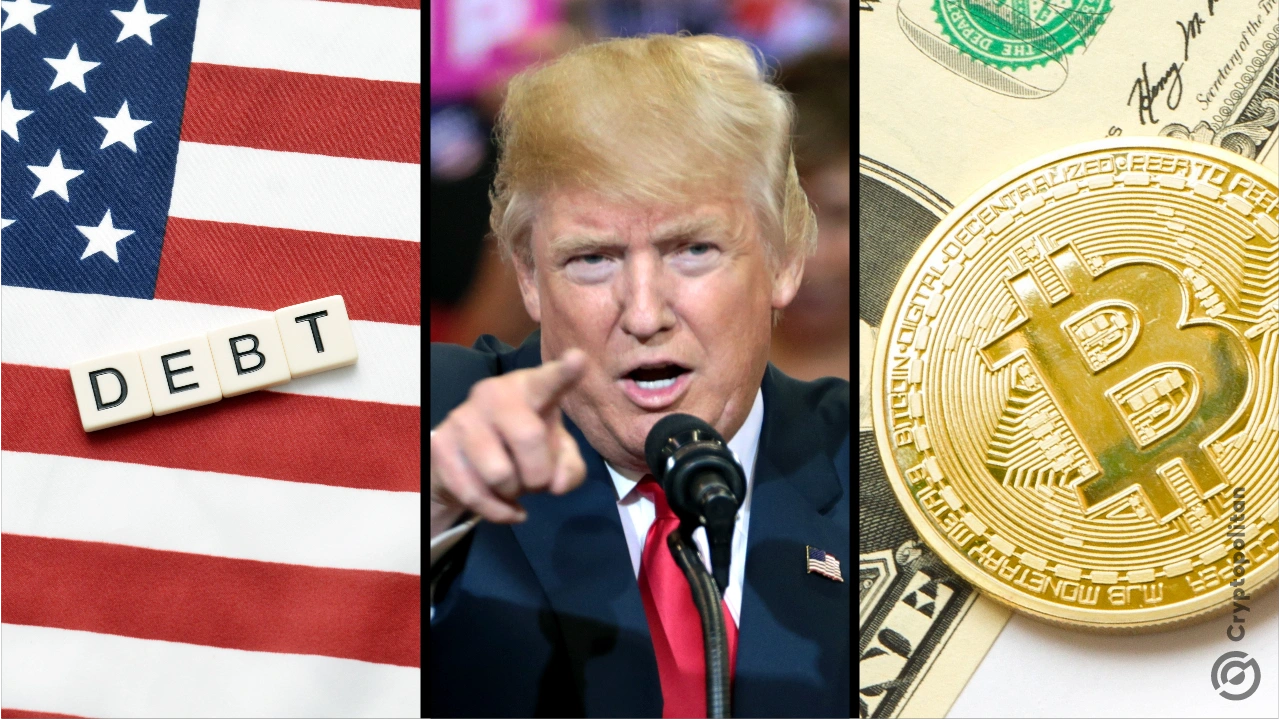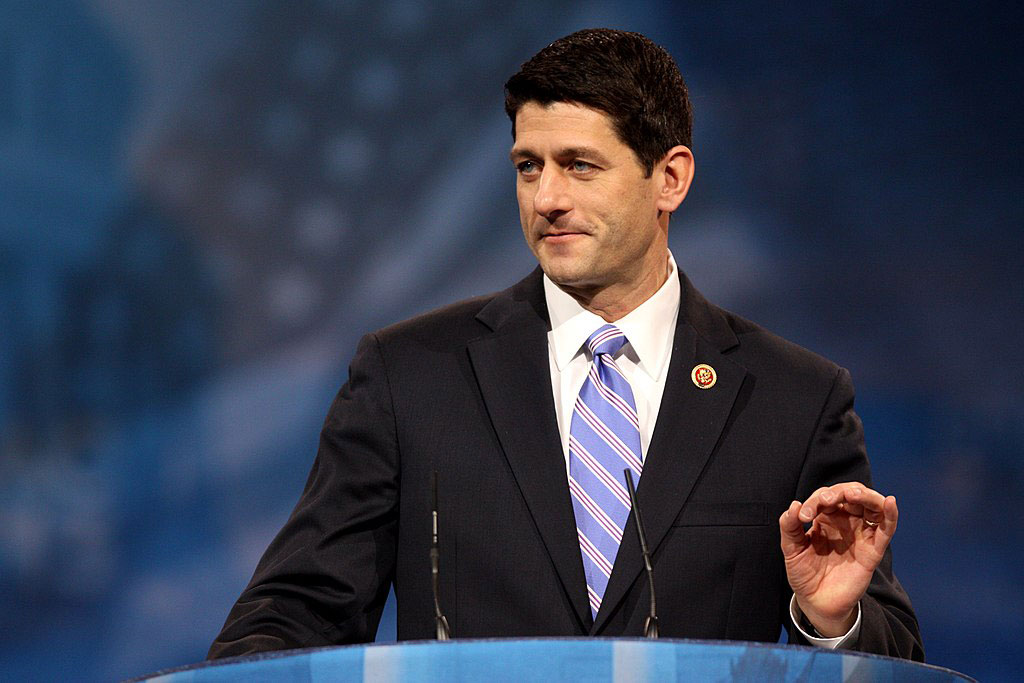President Donald Trump thinks Bitcoin might be the answer to America’s $36 trillion debt problem. In July, he told a Bitcoin conference that he’d create a “strategic national Bitcoin reserve.”
By August, he was joking that: “Who knows, maybe we’ll pay off our $35 trillion, hand them a little crypto check, right?” Then, in September, he pitched the Economic Club of New York on a sovereign wealth fund that could “return a gigantic profit” to help reduce national debt.
No sitting U.S. president has ever spoken about Bitcoin like this. Or much at all. But Trump isn’t exactly a details guy. So how realistic is this plan, and how would it even work?
What the U.S. government already holds
Right now, Uncle Sam holds about 1% of the world’s Bitcoin. This stash comes mainly from criminal seizures, including Bitcoin confiscated from Ross Ulbricht, the founder of the Silk Road. The Department of Justice controls about 208,109 Bitcoin, worth roughly $21 billion today.
That sounds impressive—until you realize the U.S. debt is over $36 trillion. For Bitcoin to pay it all off, each coin would need to be worth $173 million. To put that into perspective, that’s 13.5 times the value of every stock and bond in the world combined.
At a glance, Trump’s crypto vision doesn’t seem to add up. To make a dent in the debt, the U.S. would need a lot more Bitcoin. But buying that much isn’t as simple as opening Coinbase and hitting “buy.” Trump would need Congress to approve large-scale purchases—or find a way to bypass Congress entirely.
Here’s where things get creative. The Exchange Stabilization Fund (ESF), meant for stabilizing currency, has often been used as a presidential slush fund. Past presidents have tapped it to bail out Mexico in 1995, stabilize markets in 2008, and hand out half a trillion dollars during COVID.
Legal experts believe the ESF’s rules are flexible enough to allow Bitcoin purchases. At the end of September, the ESF held $215 billion in assets, with $41 billion in net value. If the government threw even part of that at Bitcoin, prices would likely shoot through the roof.
But even that wouldn’t be enough to tackle $36 trillion in debt. For bigger moves, Trump would need Congress—and get this, there’s already a bill on the table that might help.
A Strategic Bitcoin Reserve: The Lummis Plan
Wyoming Senator Cynthia Lummis, a well-known Bitcoin advocate, introduced the “Boosting Innovation, Technology, and Competitiveness through Optimized Investment Nationwide Act of 2024.” Yes, that acronym spells out BITCOIN.
The bill would force the government to transfer all seized Bitcoin to a Strategic Bitcoin Reserve. It would also make the U.S. Treasury buys up to 200,000 Bitcoin every year for five years. Lummis said, “If we did that with 5% of all the Bitcoin that ever exists, we could cut our debt in half in 20 years.”
How would this be funded? The plan involves reshuffling federal assets, including slashing Federal Reserve bank capital from $6.8 billion to $2.4 billion and redirecting $6 billion in seigniorage profits. Another bold move: revaluing U.S. gold reserves.
Right now, the Treasury values its gold at $42.22 per ounce, for a total of $11 billion. At market rates, that gold is worth over $650 billion. If the Treasury forced the Federal Reserve to revalue the gold and hand over the difference—around $640 billion—the government could funnel that money into Bitcoin.
The potential impact of a $640 billion Bitcoin-buying spree? Insane price surges. Crypto markets would go haywire, and the fallout would ripple across global finance.
But let’s be realistic. Trump’s Bitcoin idea is a high-risk gamble. Unlike gold or bonds, Bitcoin doesn’t generate income. If we’re being technical, it’s only worth what people believe it’s worth—and that value swings wildly, and 90% of the time, unpredictably.
Critics argue that tying national debt strategy to such a volatile asset is reckless. Still, Trump isn’t the only one interested in Bitcoin as a financial tool.
Markets are already pricing in the possibility of a Strategic Bitcoin Reserve. Betting platform Polymarket gives Trump a 33% chance of creating such a reserve by April 2025.
From Zero to Web3 Pro: Your 90-Day Career Launch Plan





